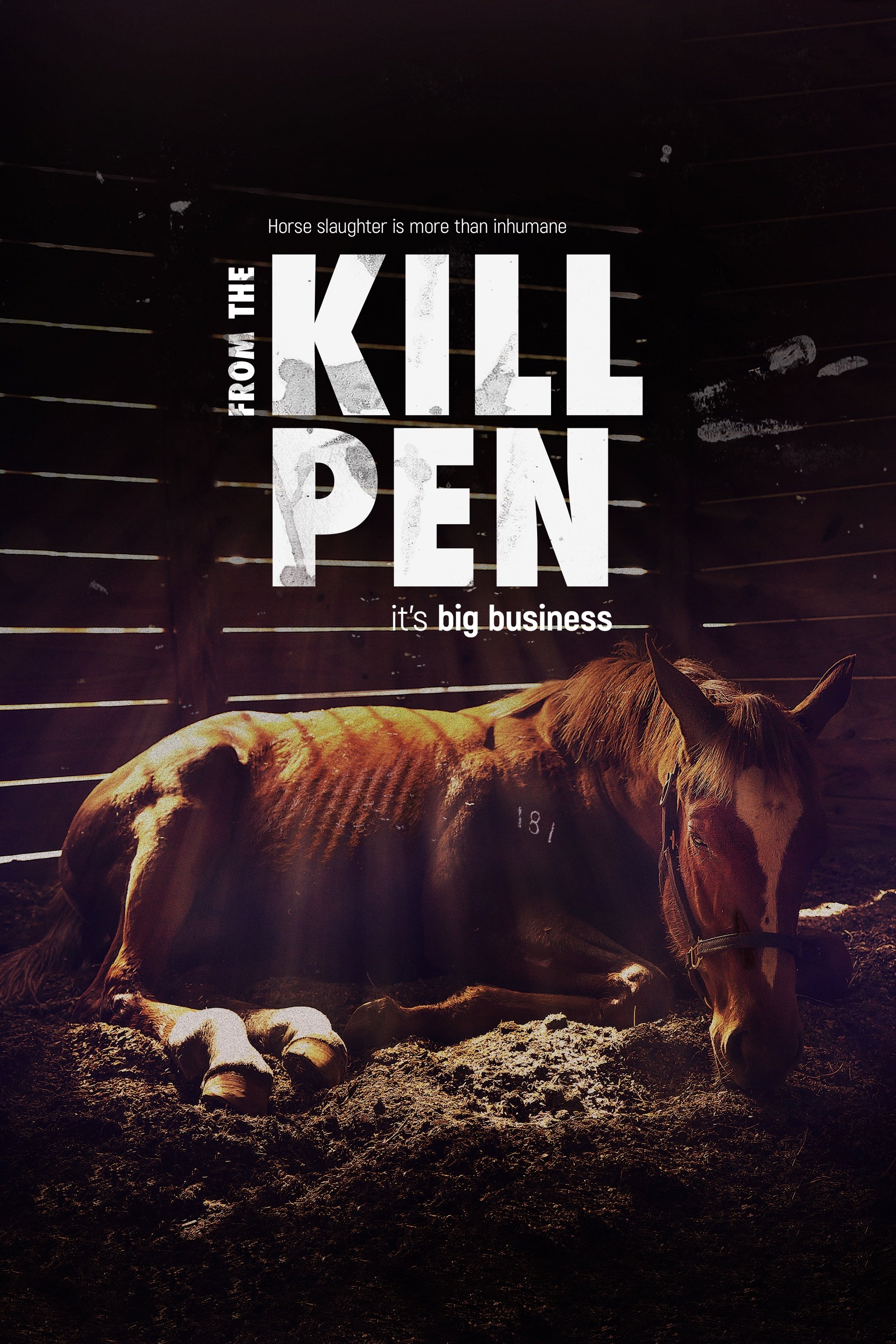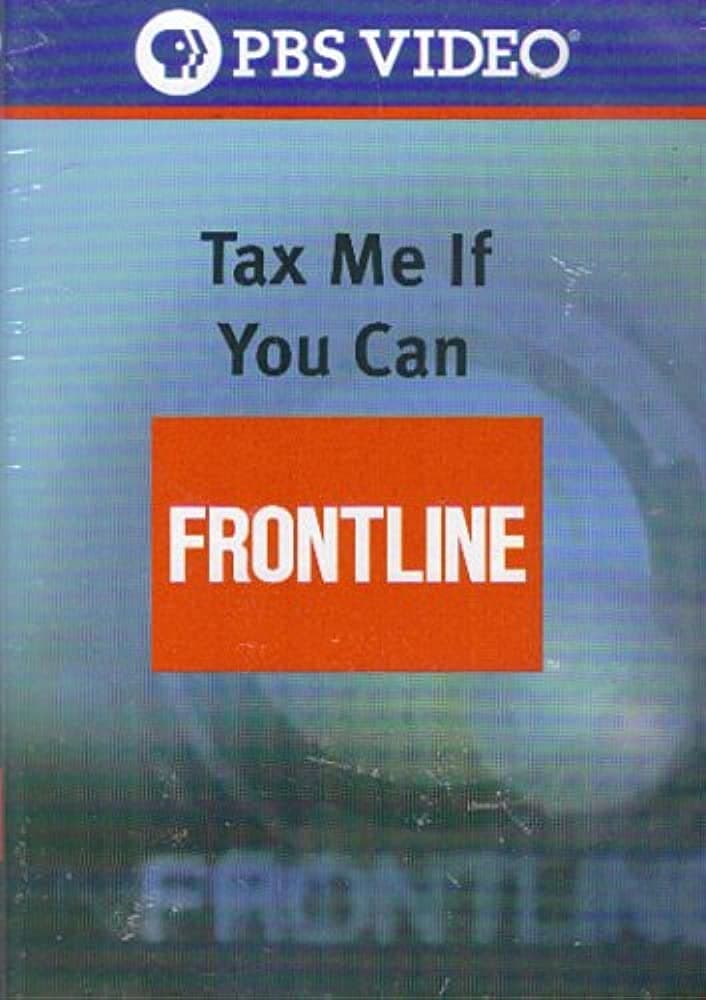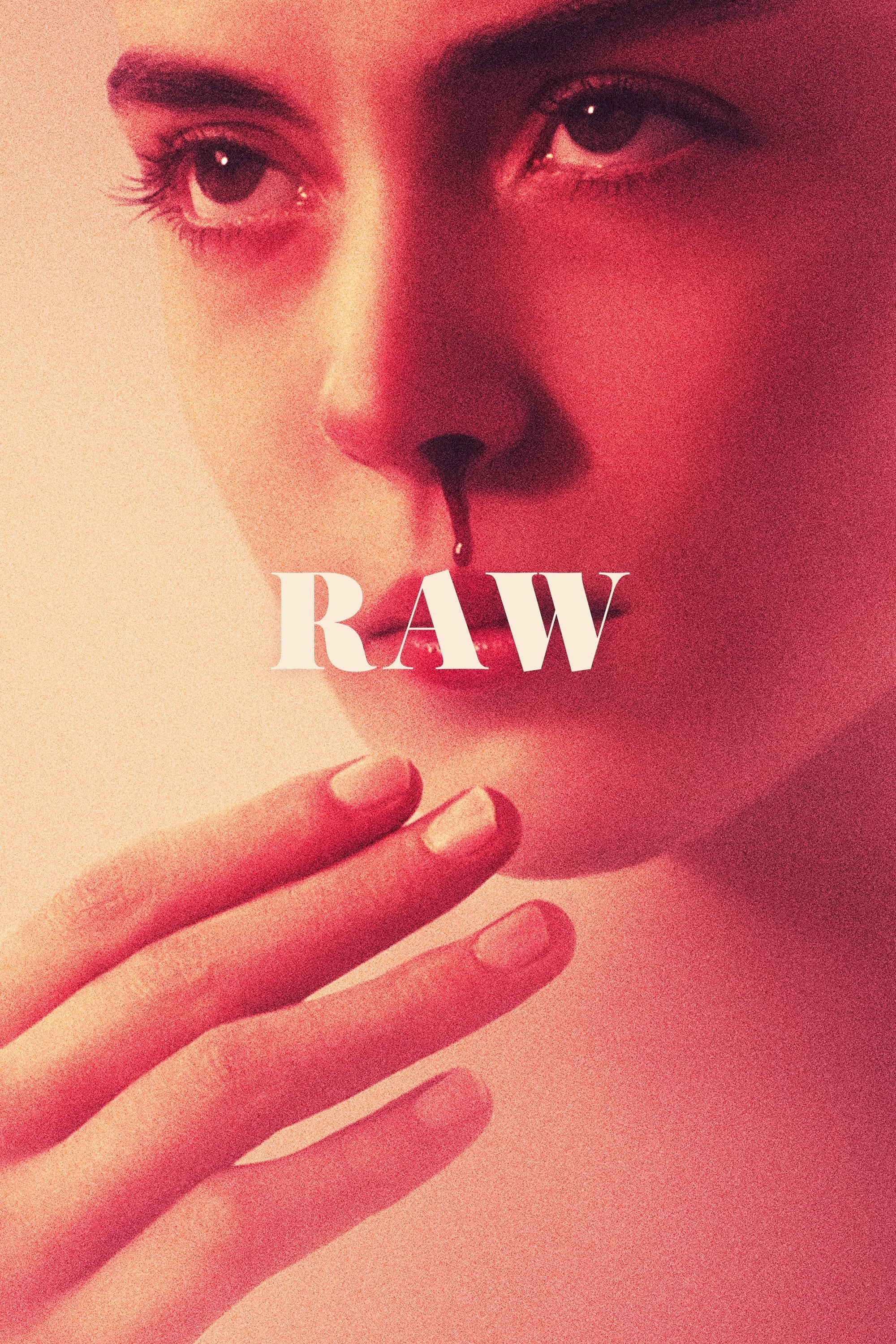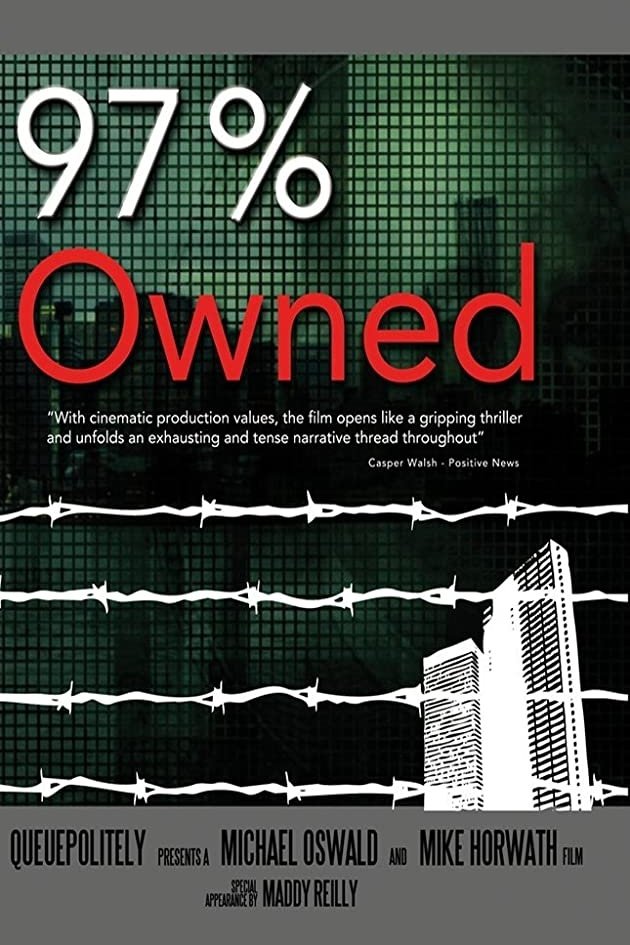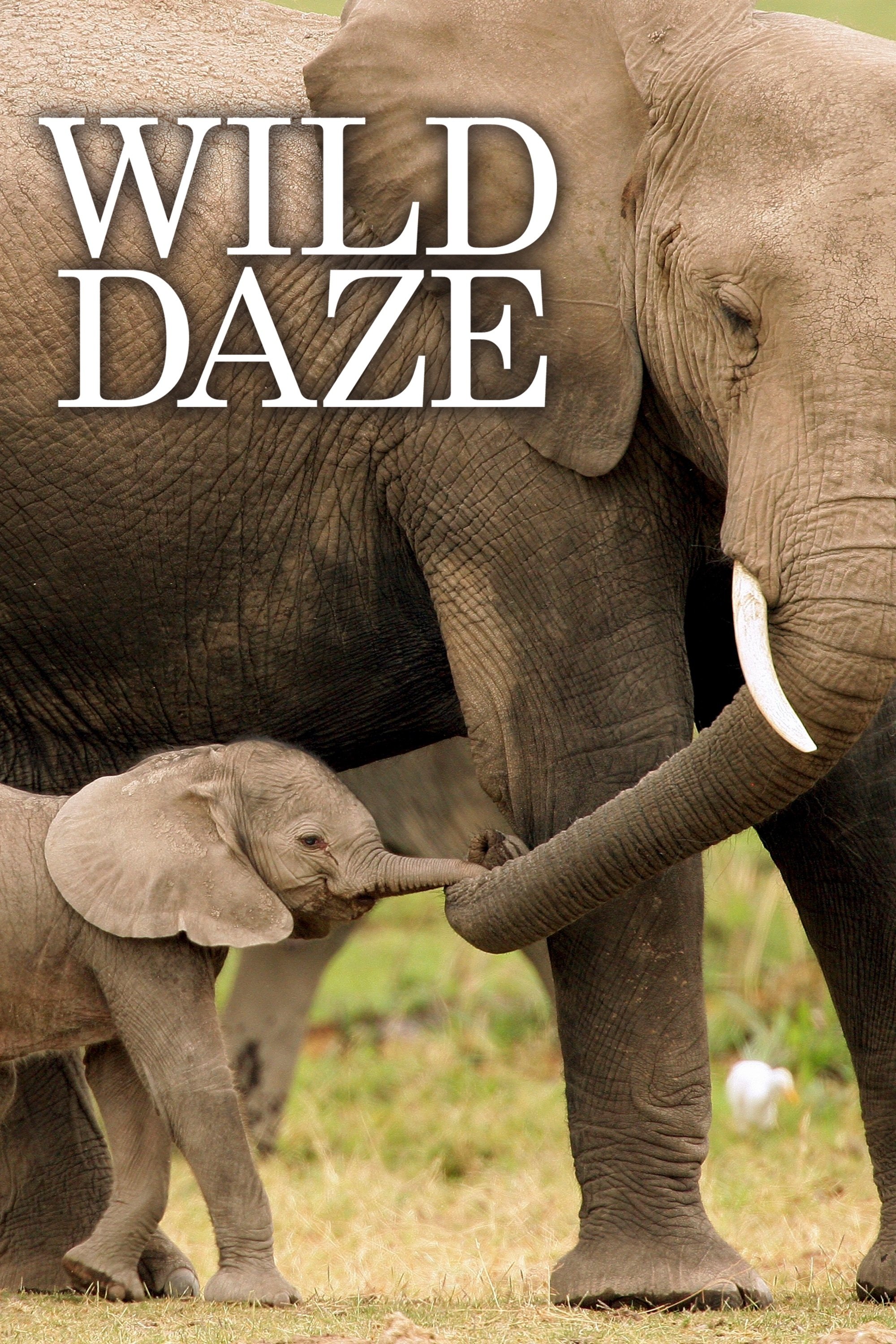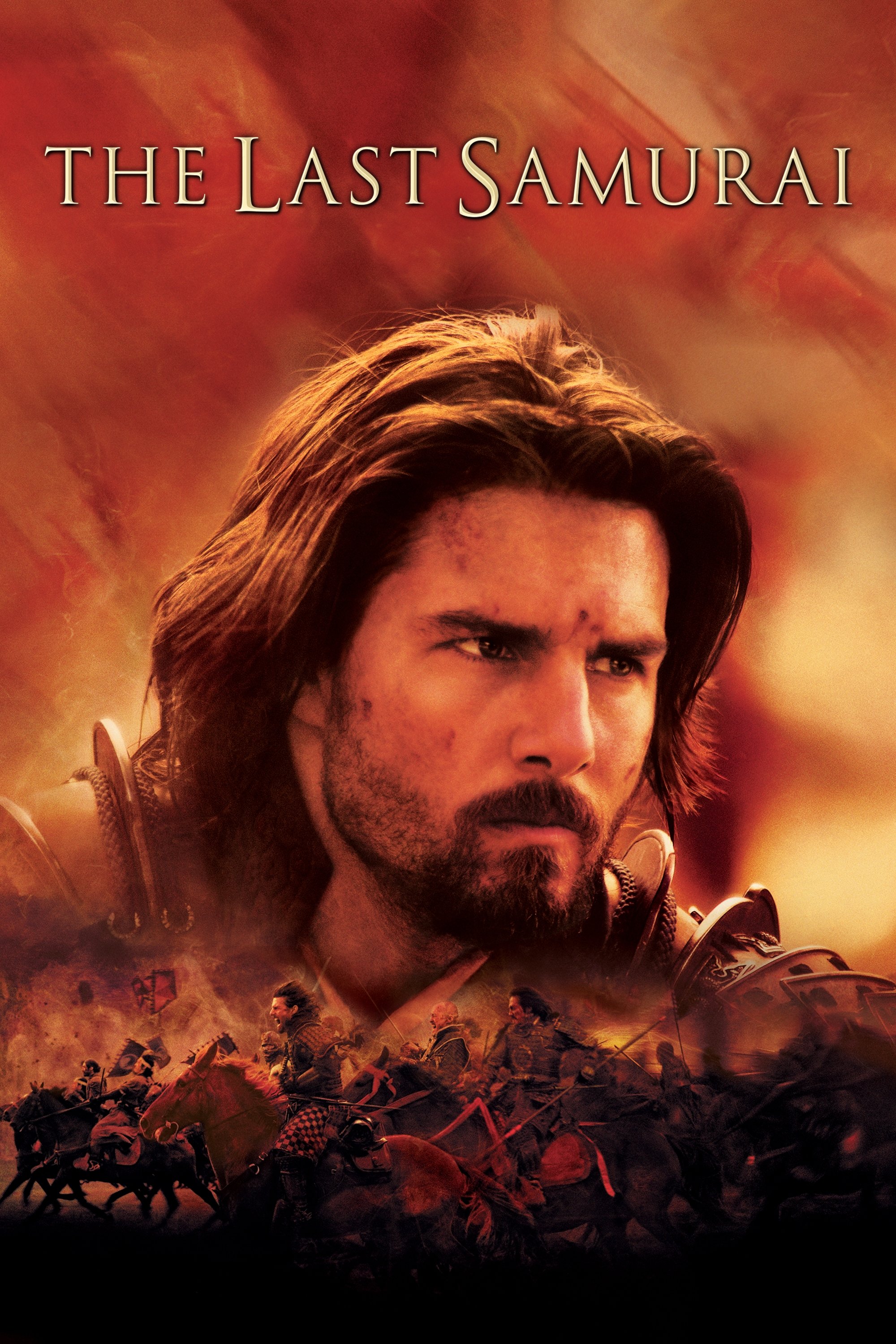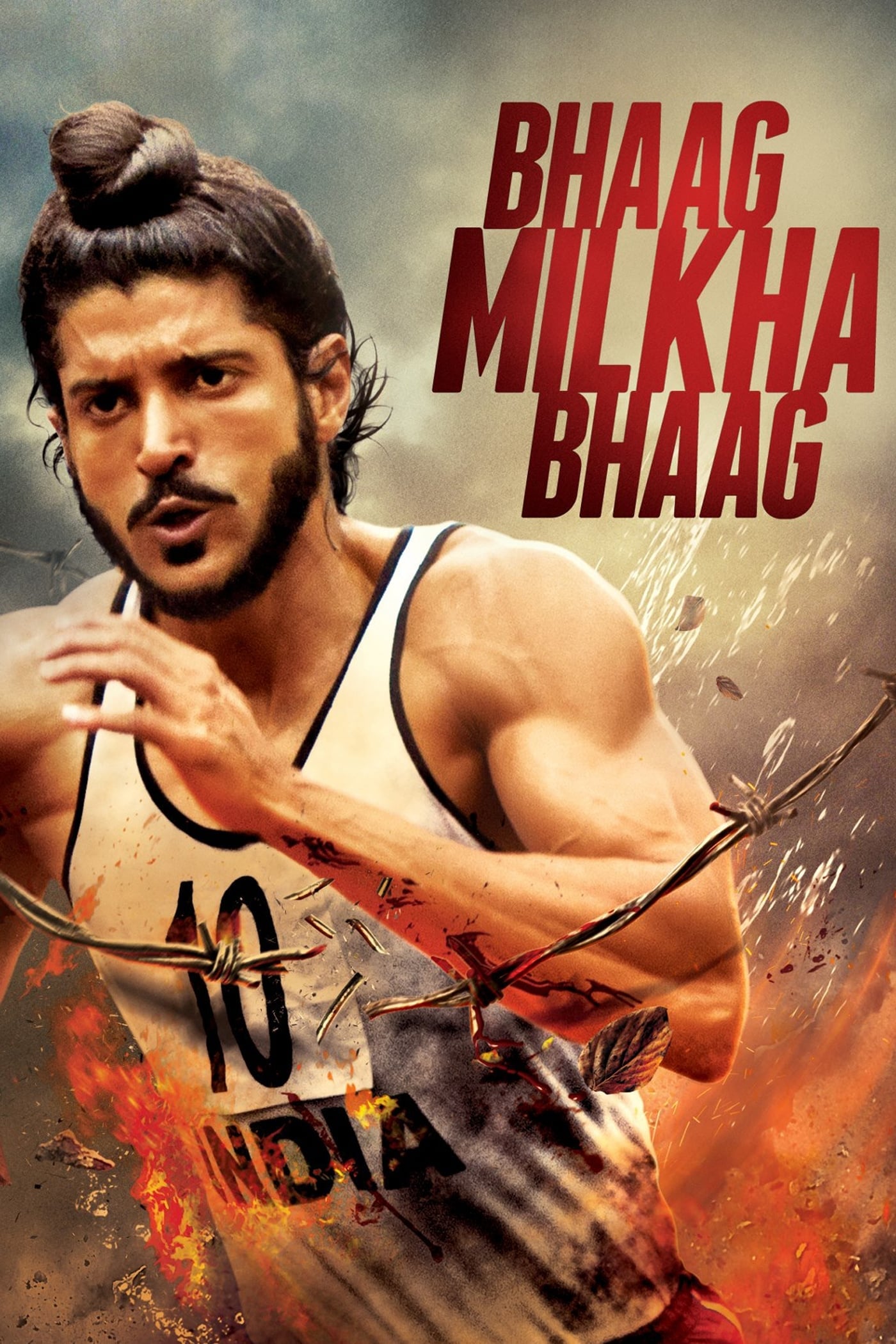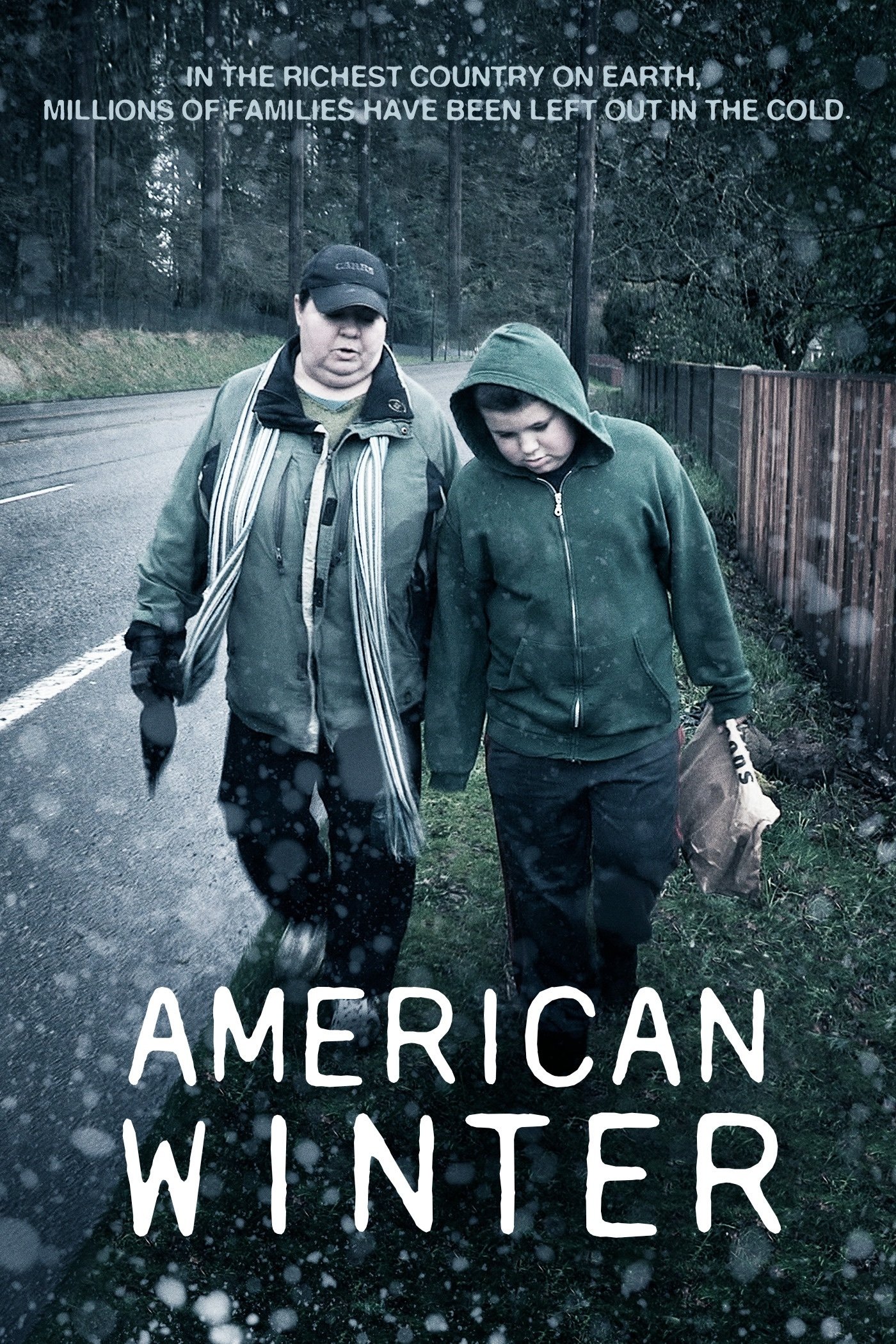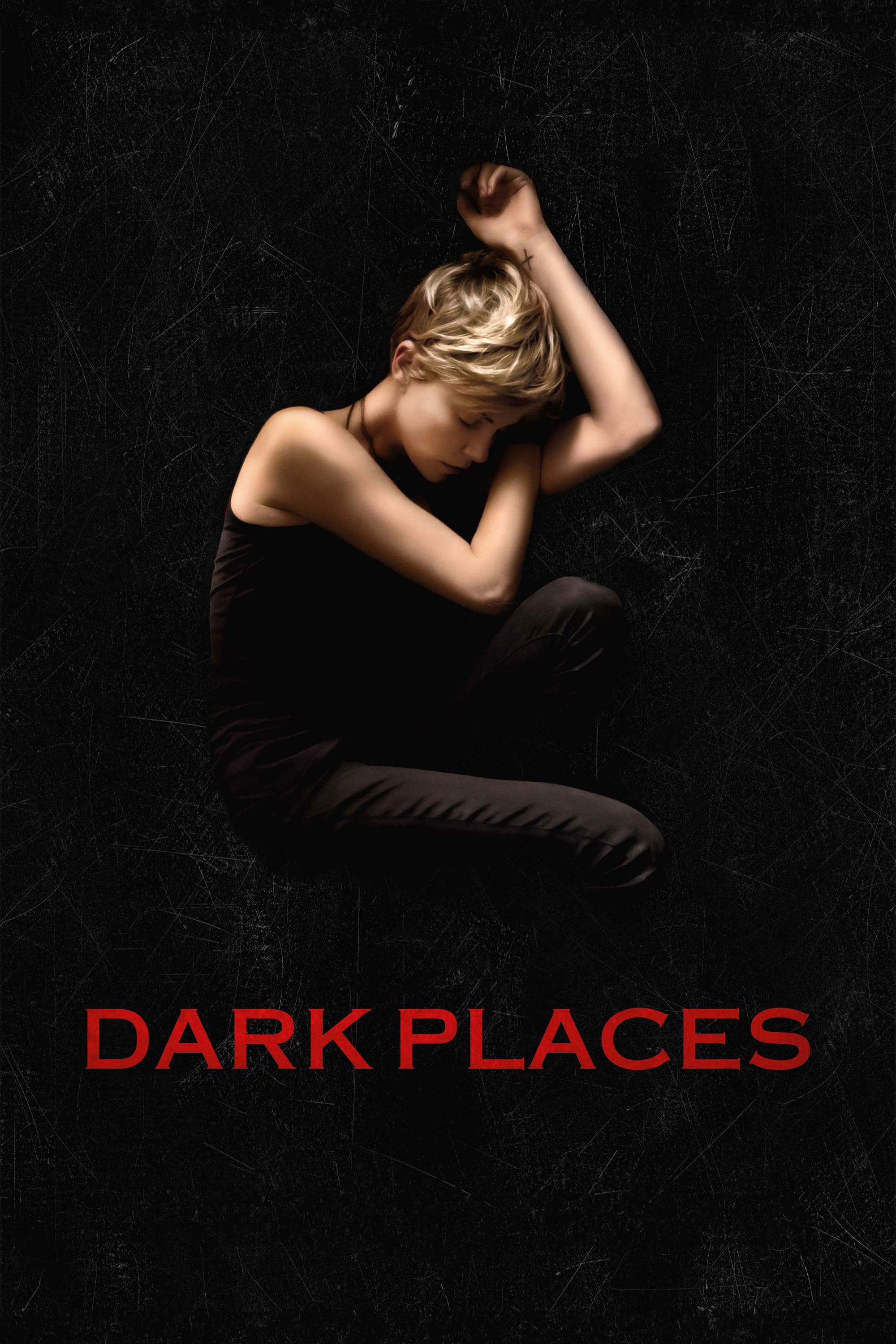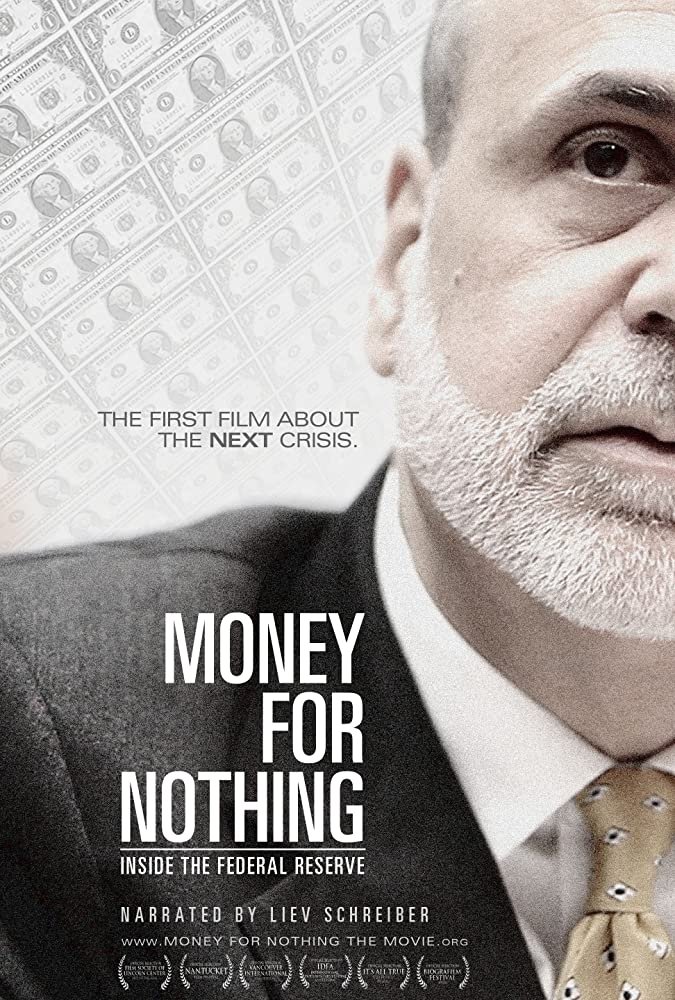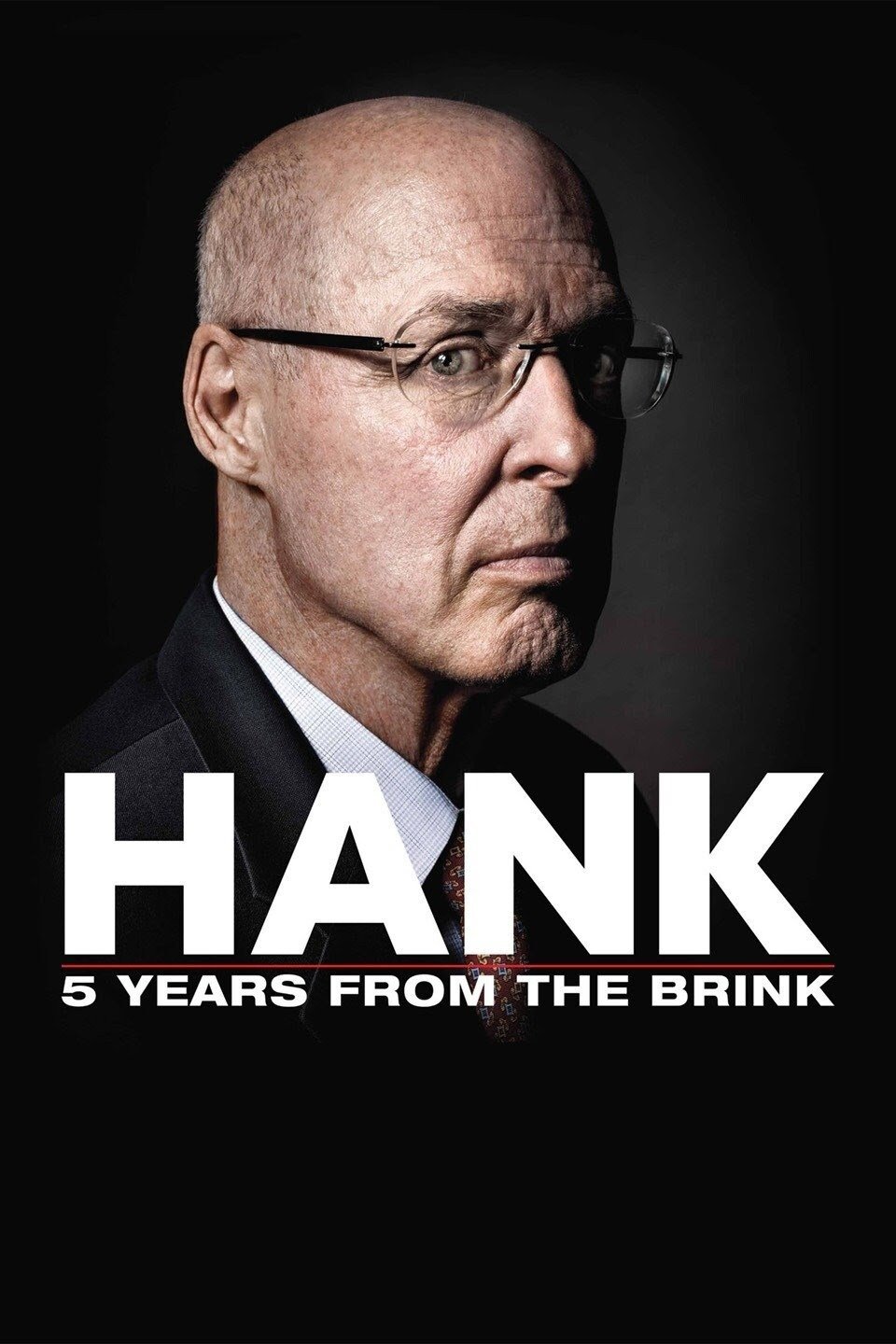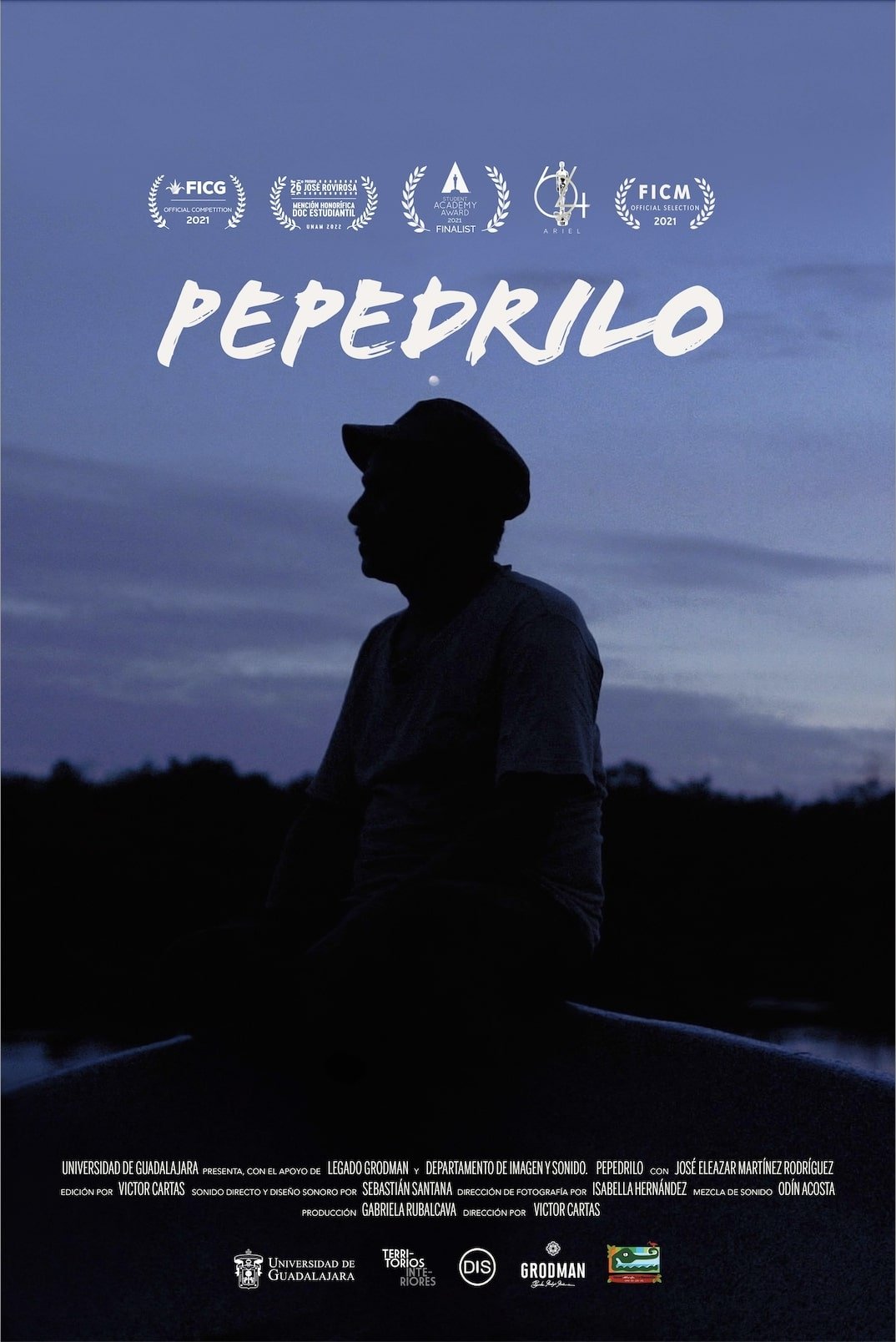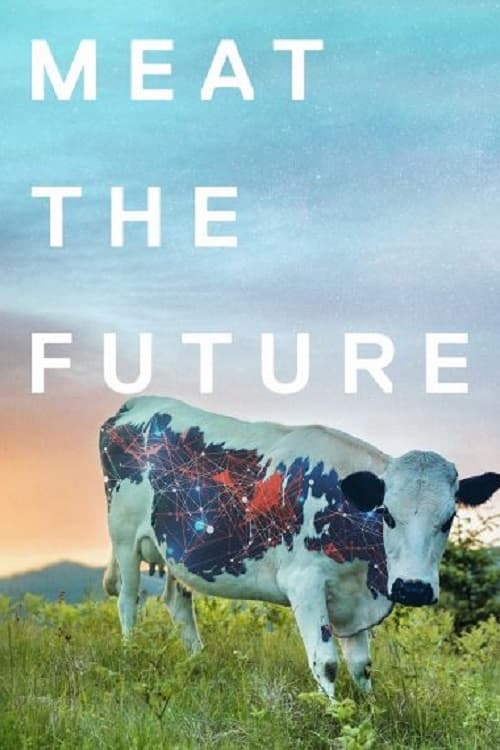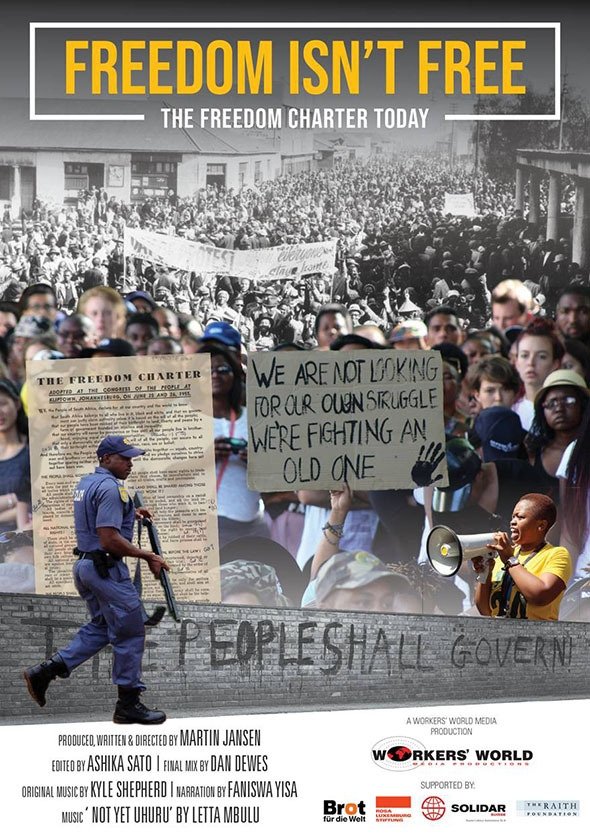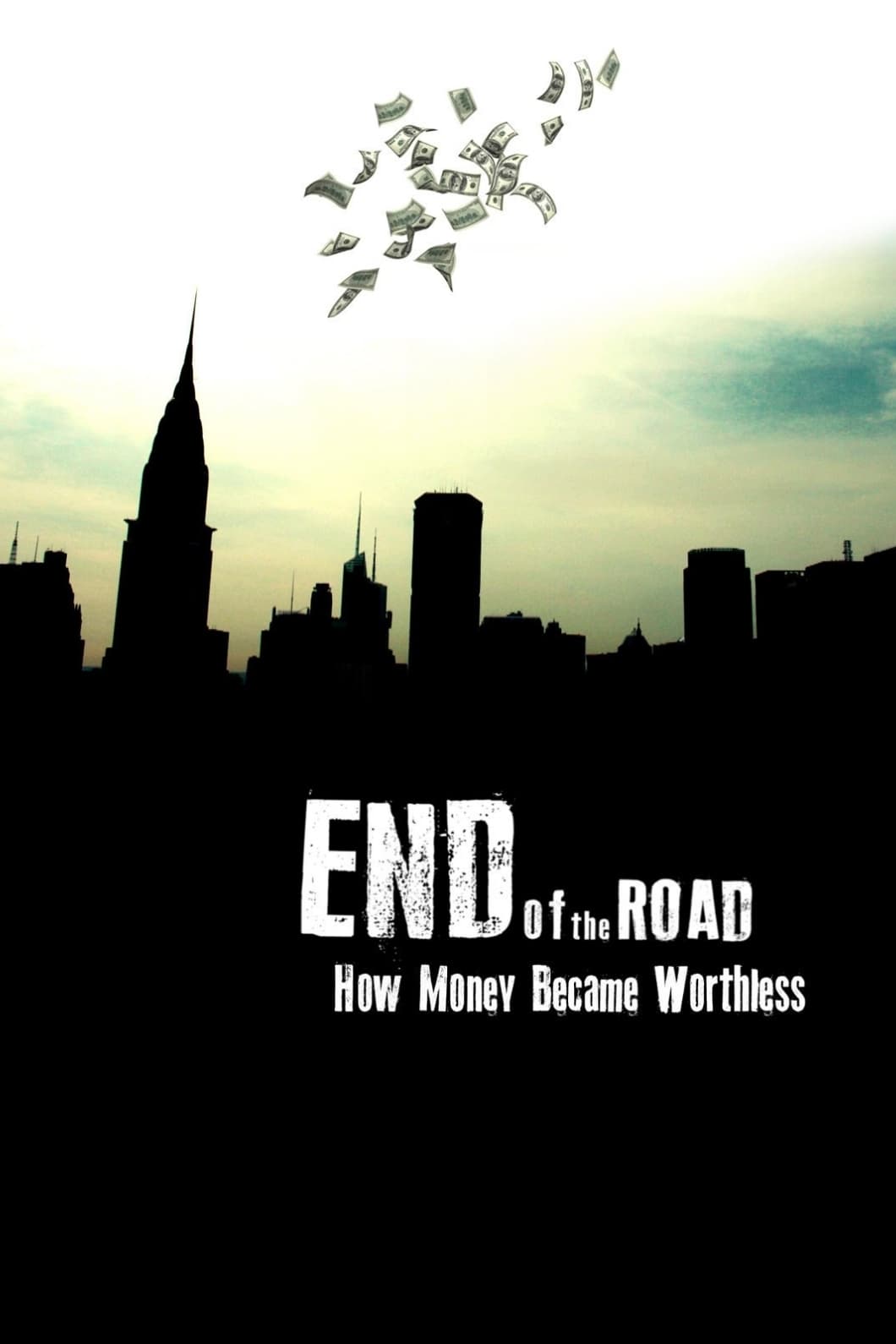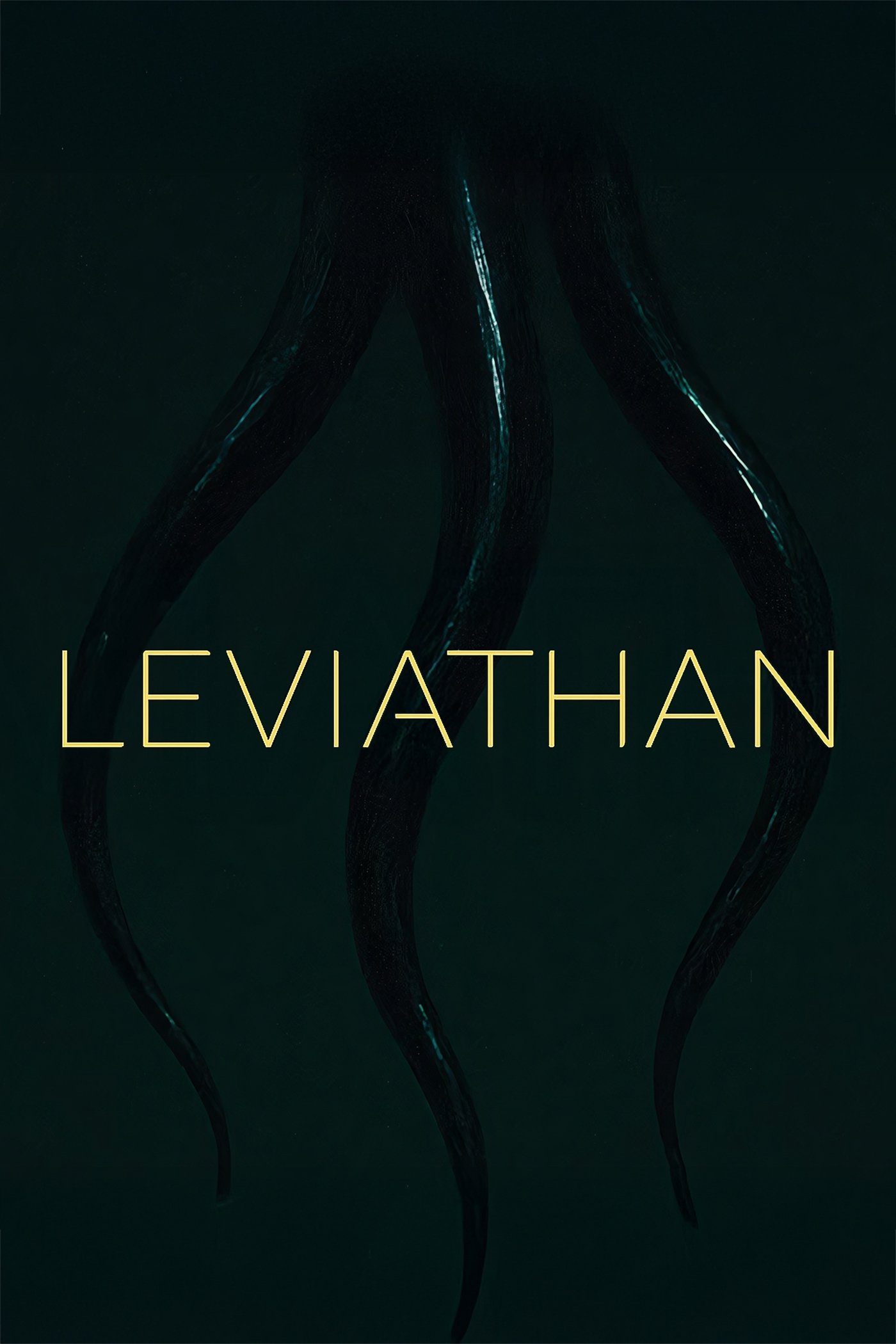Cast & Crew
15 members
Acting
Paula Bacon
Herself
No Image
Acting
Milton Bagby
Narrator
No Image
Acting
Dean Bolstad
Himself
No Image
Acting
Alex Brown
Himself
No Image
Camera
Phil Carter
Himself
No Image
Acting
Neda DeMayo
Herself
No Image
Acting
A. Blair Dunn
Himself
No Image
Acting
Vickery Eckhoff
Herself
No Image
Acting
Lester Friedlander
Himself
No Image
Directing
John Holland
Himself
No Image
Acting
Sharon Levine
Herself
No Image
Production
Patrick Meehan
Himself
No Image
Acting
Marika O'Brien
Herself
No Image
Acting
Bill Richardson
Himself
No Image
Acting
Natalie Rosskopf
Herself
No Image
Similar Movies
Recommended Movies

No Recommendations Yet
We're working on finding the perfect movies for you. Check back soon!
More movies coming soon
